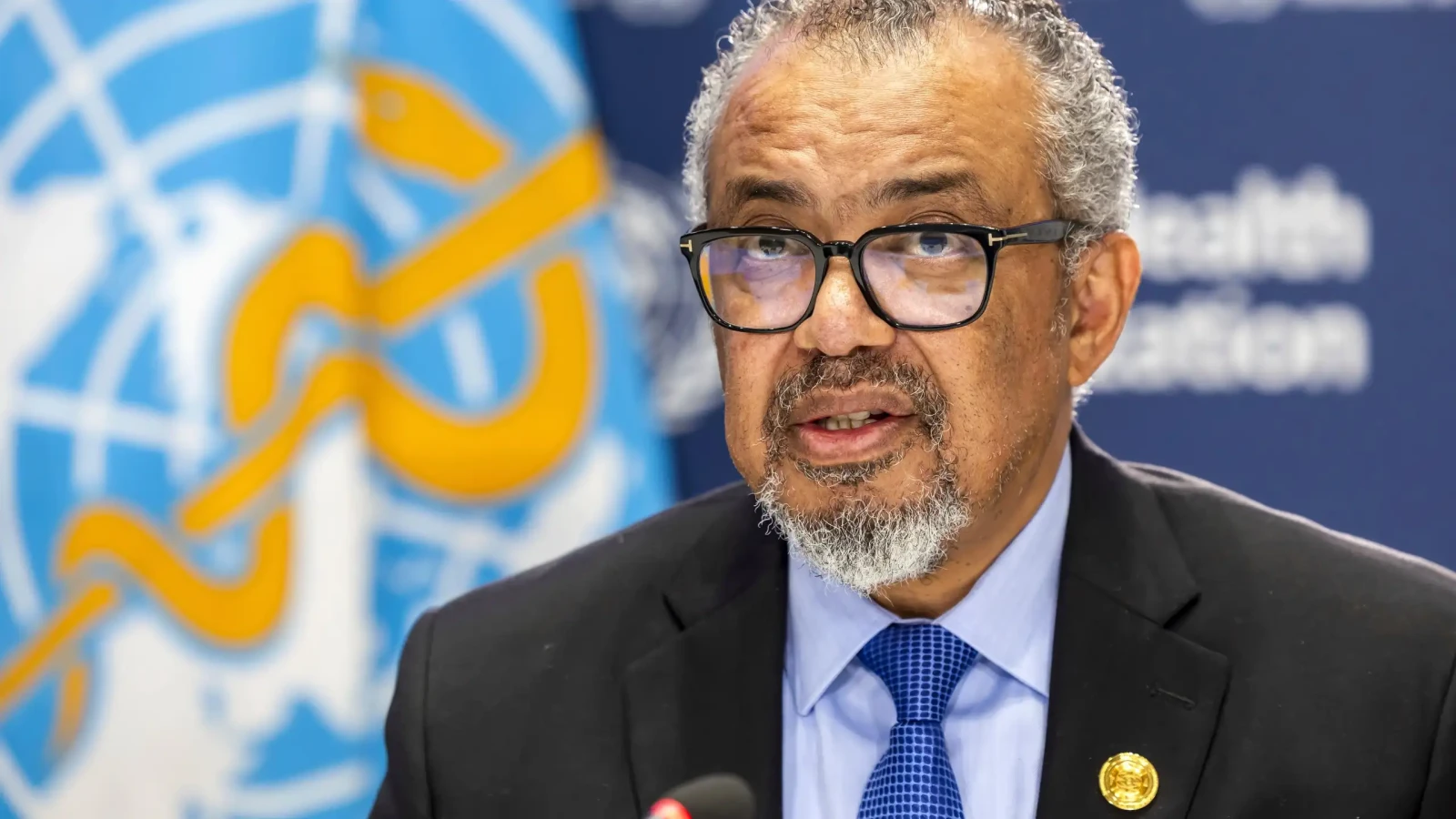The World Health Organization (WHO) has announced that the mpox outbreak in Africa is no longer considered a global health emergency, following a significant decline in cases in countries like the Democratic Republic of the Congo, Burundi, Sierra Leone, and Uganda. This decision was communicated by WHO Director-General Tedros Adhanom Ghebreyesus, who accepted recommendations from an expert panel. The outbreak, which emerged in early 2024 due to a new strain of the mpox virus, was declared an emergency in August 2024 as it rapidly spread through close contact, particularly sexual transmission.
Enhanced testing and public health measures have led to a notable decrease in cases. However, the WHO cautioned that the threat persists and urged continued public health efforts. Mpox, previously known as monkeypox, is a rare virus-related disease generally endemic to parts of Africa, where it can be contracted through bites from rodents.
Symptoms can range from mild, such as fever and body aches, to severe cases characterized by skin lesions. Limited cases reported outside Africa, including five in the U.S., did not result in widespread international transmission.
While lifting the emergency status signifies progress in controlling the outbreak, health officials highlight the need for ongoing vigilance, especially for high-risk groups, such as those with HIV. The WHO’s focus remains on close monitoring of the situation and encouraging nations to uphold surveillance and preparedness to avert potential future outbreaks.












Leave a comment